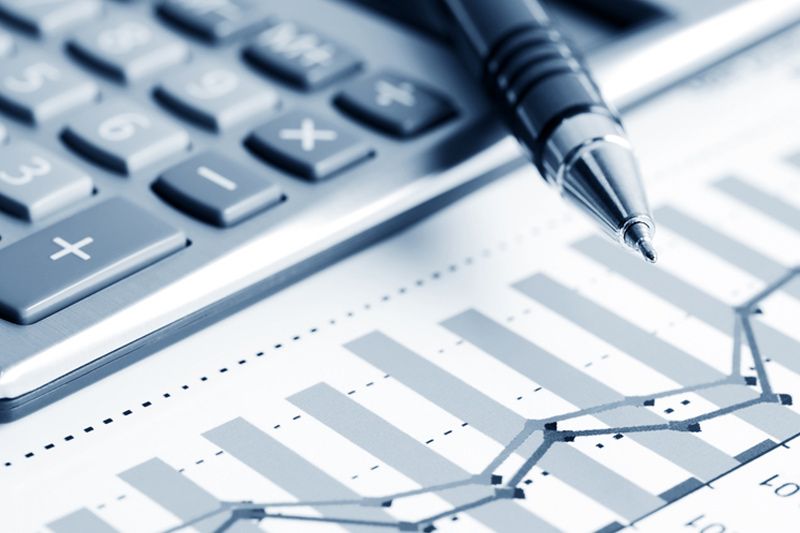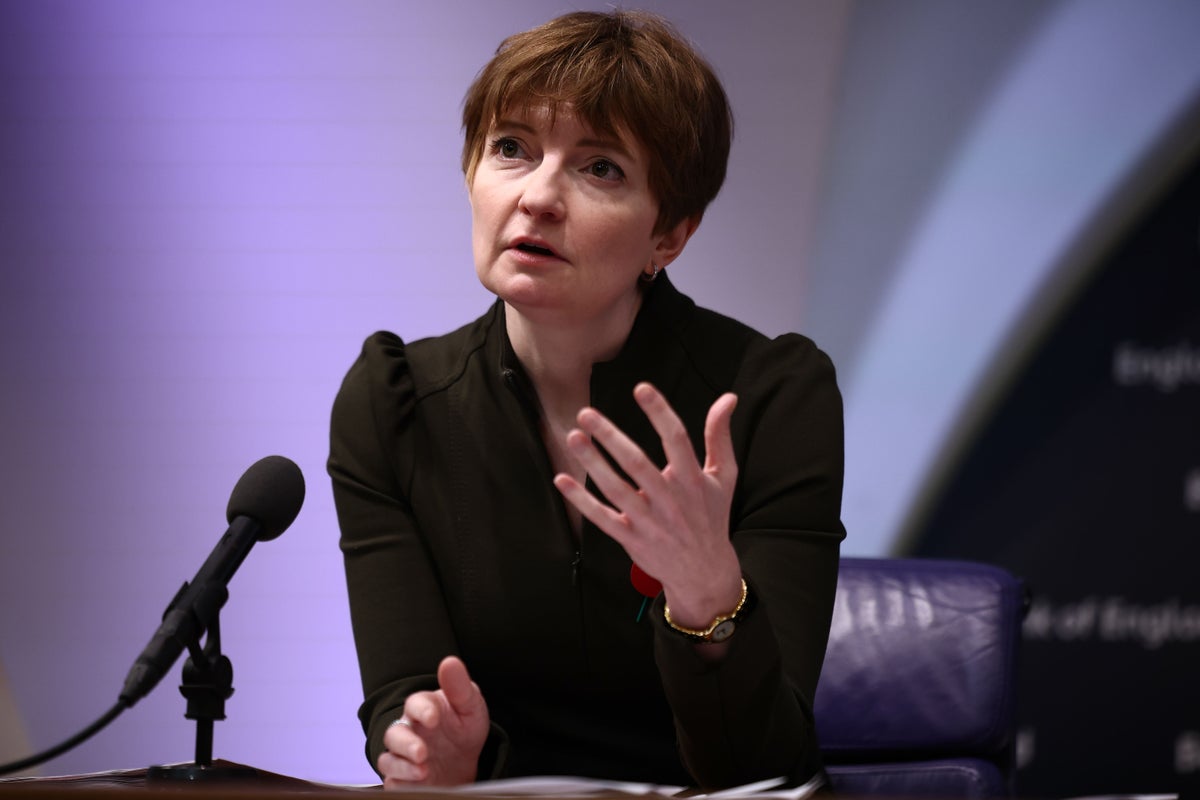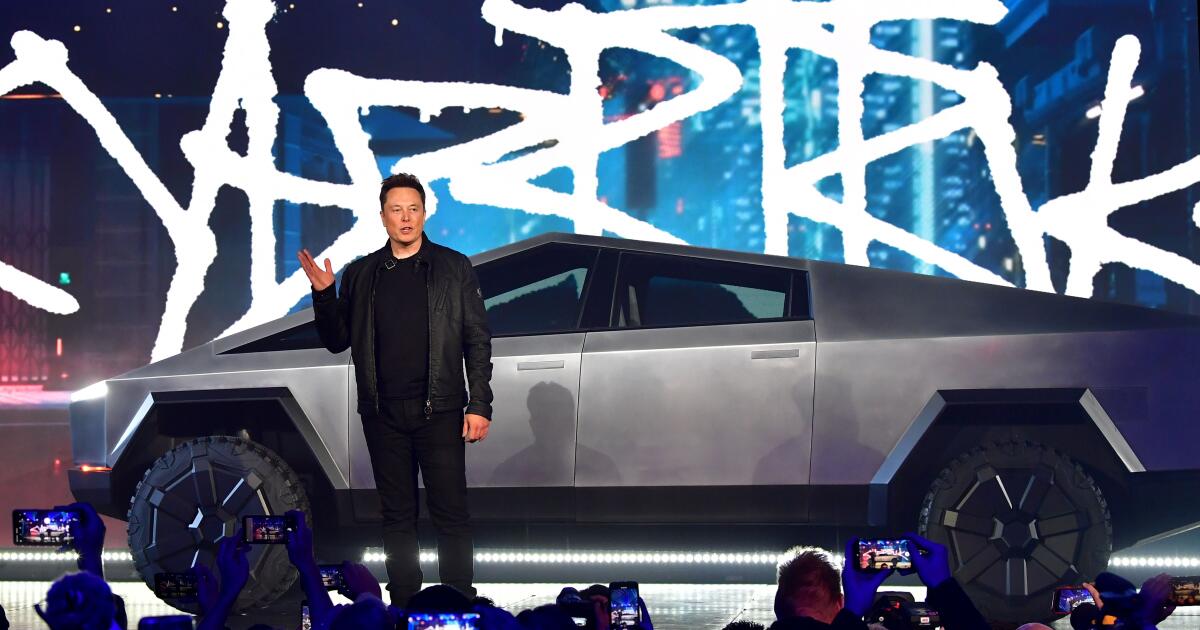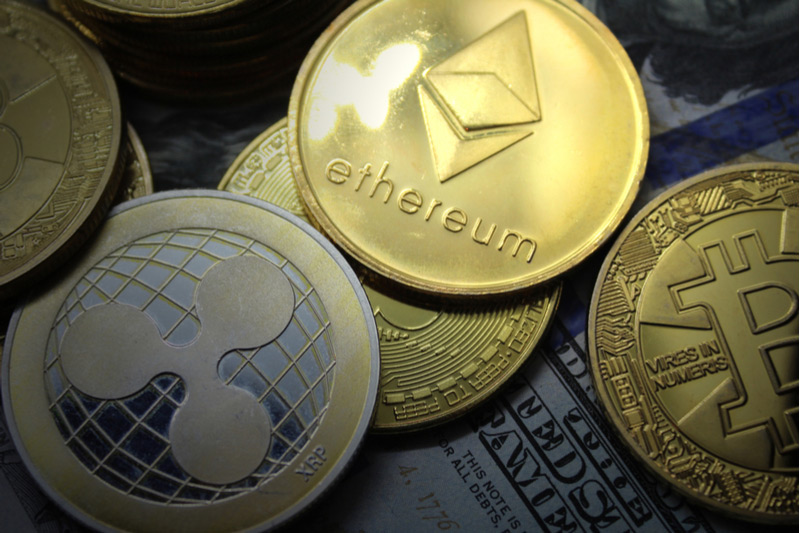(This June 6 story was refiled to clarify that the report was produced, not written, by Axelar and Metrika in paragraphs 4 and 6, and adds the writer's name in paragraph 11)
By Medha Singh
(Reuters) – Trading stocks and bonds on blockchains at scale will remain a dream unless a global standard for cross-border activity is established that allows assets to move seamlessly across blockchains, according to a report released on Thursday.
So-called tokenized assets, which represent the underlying assets, are exchanged using distributed ledger technology (DLT), which is also used for cryptocurrencies. Banks hope trading in tokenized assets will take off as a way to make trading faster, cheaper and more transparent.
However, the lack of consistent global regulation prevents assets from moving seamlessly between different blockchains. Industry executives at an event in Amsterdam this week said progress on asset tokenization was moving slowly and adoption so far is limited.
Customer and compliance requirements vary too much around the world for a single, fixed solution to meet everyone's needs, said Georgios Vlachos, co-founder of blockchain interoperability firm Axelar, which co-produced the report.
“As things stand today, different regulatory jurisdictions are progressing at different rates and have different areas of focus,” Vlachos said.
The report on blockchain-based trading was prepared by the Axelar Foundation and digital asset risk assessment firm Metrika, with contributions from Citi, Deutsche Bank, Mastercard (NYSE:) and Northern Trust (NASDAQ:).
Deutsche Bank said in the report that it was essential to have industry-accepted approaches to risk assessments needed to facilitate adoption.
However, “standards developed too prematurely can deprive the industry of better-developed solutions or become irrelevant,” said Boon Hiong Chan, head of Asia Pacific Securities and Technology Advocacy at Deutsche Bank.
Northern Trust expects that by 2030 the size of its digital asset market will grow to between 5% and 10% of the $13 trillion in assets it holds in custody.
Currently, around $85.12 billion in assets are tokenized, including government securities, fiat stablecoins, and commodities, according to data from 21.co's dashboard in Dune Analytics.
The report was written by freelance writer Emily Parker.










